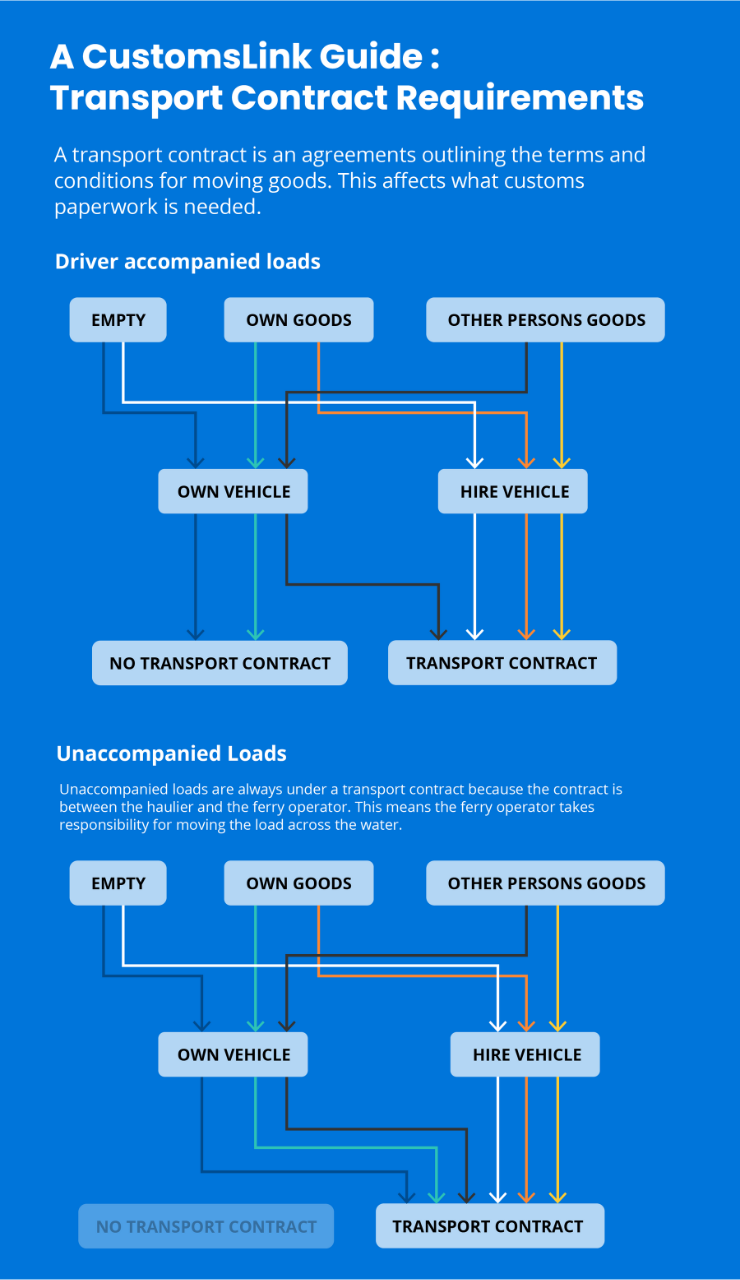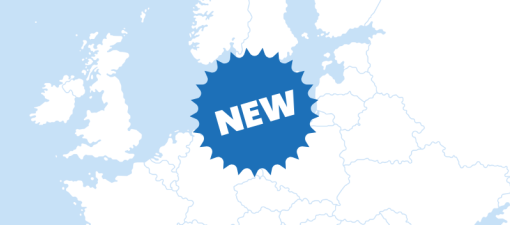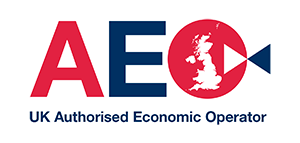What are ICS stop words?
Stop words/phrases are being introduced in the Common Repository as part of the initiative to improve ENS data quality. They are being applied for all ICS2 countries and all filing types.
Below is an updated list of stop words published by the EU. As a reminder, a stop word used in isolation in the goods description will result in the declaration being rejected.
What do I need to do if I am carrying tools to complete work?
You will need a Carnet. Check out our How To Use an ATA Carnet guide.
What do I need to do to move household goods, furniture, or personal belongings?
That depends on whether you are importing or exporting, and which country you are importing to/exporting from.
For GB & IE imports and exports, get in touch with one of our customs experts today.
What is a Safety & Security Declaration (SSD) or Entry Summary Declaration (ENS)?
A Safety & Security Declaration (SSD) or Entry Summary Declaration (ENS) is used by border authorities to analyse the potential risk caused to their territory by goods crossing their border. It is not about the duties and taxes.
What is a Transport Contract?
A transport contract is an agreement between two parties for the movement of goods from one place to another, whether it is written or verbal agreement.
It normally involves a carrier (the person or company transporting the goods) but could include hire vehicles and a shipper (the person or company sending the goods).
For accompanied loads
- OWN GOODS + OWN VEHICLE = NO TRANSPORT CONTRACT
- OWN GOODS + HIRE VEHICLE = TRANSPORT CONTRACT
- OTHER PERSONS GOODS + OWN VEHICLE = TRANSPORT CONTRACT
- OTHER PERSONS GOODS + HIRE VEHICLE = TRANSPORT CONTRACT
For unaccompanied loads
- OWN GOODS + OWN VEHICLE = TRANSPORT CONTRACT (due to the ferry being the active means of transport)
- OWN GOODS + HIRE VEHICLE = TRANSPORT CONTRACT
- OTHER PERSONS GOODS + OWN VEHICLE = TRANSPORT CONTRACT
- OTHER PERSONS GOODS + HIRE VEHICLE = TRANSPORT CONTRACT

Examples for ATA Carnets and Oral Declaration accompanied movements
ATA Carnet
No ENS Needed - If you are using an ATA Carnet for temporary admission of goods and you are not moving the goods under a transport contract (for example, you are personally accompanying your own goods or driving your own vehicle), an ENS is not required.
ENS Required - If the goods covered by an ATA Carnet are moved under a transport contract - you have engaged a commercial carrier, haulier, or shipping company (whether by written or verbal agreement) to transport the goods for you - then an ENS must be lodged.
Oral Declaration - e.g. empty pallets/trailers
No ENS Needed - Oral declarations at the border (or declarations by conduct, e.g. empty pallets) if the goods are NOT being moved under a transport contract. This means you are transporting your own goods yourself.
ENS Required - If the goods are being carried by a transport company (i.e. under a transport contract), even if they otherwise qualify for oral or by conduct declaration. You must submit an ENS declaration in these case.
What is a UN ID number and where can I get one?
A United Nations (UN) number is a four-digit number which is used to identify a specific hazardous material or article. These article require a licence of shipment.
UN Numbers range from 0004 - 3548 and are the same world wide. To find your good's UN number, check out the full list here.
There is no UN number issued for non-hazardous goods.
What is S&S GB (SSGB)?
S&S GB (Safety & Security Great Britain) is the Entry Summary Declaration (ENS) service for goods imported into Great Britain from the EU and RoW. This is now a legal requirement. Businesses who are ready to start submitting S&S declarations before this date are encouraged to do so. Find out more
What is the Short Straits Dual Freight Location Codes (FLC)?
To ensure flexibility when moving goods out of Great Britain via the Port of Dover or Eurotunnel there is a dual Freight Location Code (FLC) that should be used. This will help to avoid errors within the Goods Movement Reference (GMR).
For example: If the export declaration is created using Dover’s FLC but the driver then travels through Eurotunnel using a GMR with the Eurotunnel FLC, it will contain errors.
If the driver checks-in without correcting the errors, the GMR will be invalid, and the driver will be turned away until these errors are corrected.
Hauliers, drivers, or logistics companies must -
- ensure your supply chain and, in particular, the trader, intermediary or declarant, know which border location you will be leaving from
- make sure you check that they have used the dual FLC if you’re exiting via Dover or Eurotunnel.
- make sure you have a process in place to contact the declarant, in case of an error within the GMR so they can correct the declaration.
Traders, exporters, intermediaries, or customs agents must -
- ensure you know which border location your haulier, driver or logistics company will be using to exit Great Britain with your goods
- use the dual FLC if your goods are leaving via Dover or Eurotunnel.
If there’s a chance the driver may change their routing after the declarations have been created, we suggest using the dual FLC for Dover/Eurotunnel to avoid any potential errors or delays.














